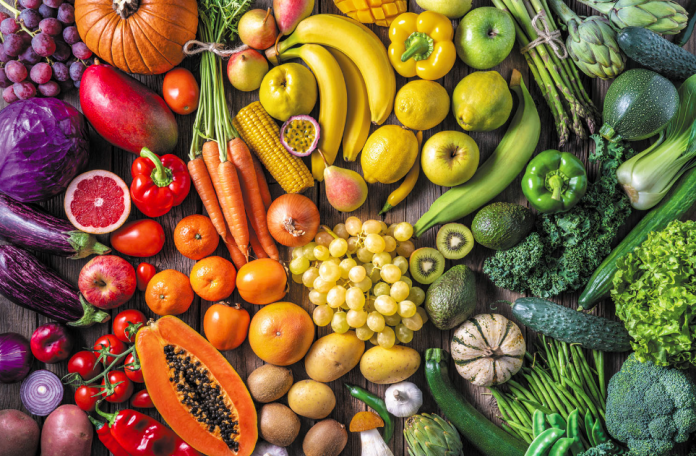News in brief: The FAO and WHO have released a report detailing methods to reduce microbiological hazards in fresh fruits and vegetables, emphasizing the effectiveness of hygienic practices.
The Food and Agriculture Organization (FAO) and World Health Organization (WHO) have published a comprehensive report on ways to reduce the risk of microbiological hazards in fresh fruits and vegetables.
The report covers a wide range of commodities such as leafy vegetables and herbs, berries, tropical fruits, melons and tree fruits, as well as seeded and root vegetables.
Furthermore, it found that preventive measures like good agricultural practices (GAPs) and good hygiene practices (GHPs) are effective in reducing the risk of pathogens in fruit and vegetables.
Post-harvest activities also require good manufacturing practices (GMPs) and a hazard analysis and critical control point (HACCP)-based system. This is necessary to prevent microbial contamination, reduce cross-contamination, or avoid pathogen growth.
The report also identified a number of specific interventions that can be used to reduce the risk of microbiological hazards in different commodities.
Irradiation is observed as the most effective post-harvest treatment against pathogens on vegetables. However, its cost, and adverse consumer response hinder commercial applications. Electrolysed water with other treatments is shown to reduce bacterial pathogens and bacteriophages.
For berries and tropical fruits, water-assisted treatments like UV and pulsed light had potential in some situations. Other gas-based methods such as controlled-release pads had variable effects.
The joint report also highlighted the need for more research on the use of new technologies to disinfect process water. It also notes the need to control pathogens on fruit and vegetables.
Overall, it provides a valuable overview of the latest science on reducing microbiological hazards in fresh fruits and vegetables. It is a valuable resource for policymakers, producers, and retailers who are looking to improve food safety.



